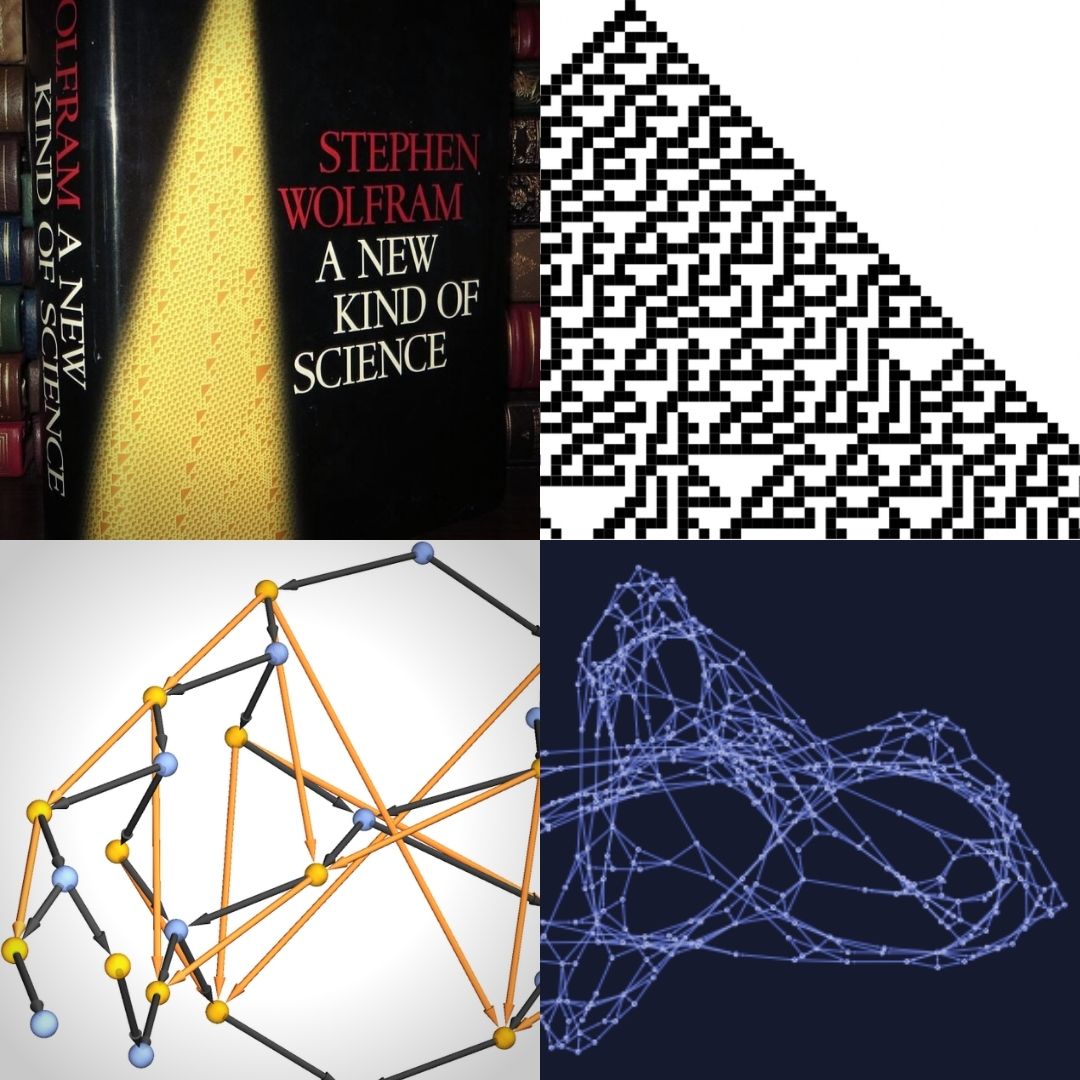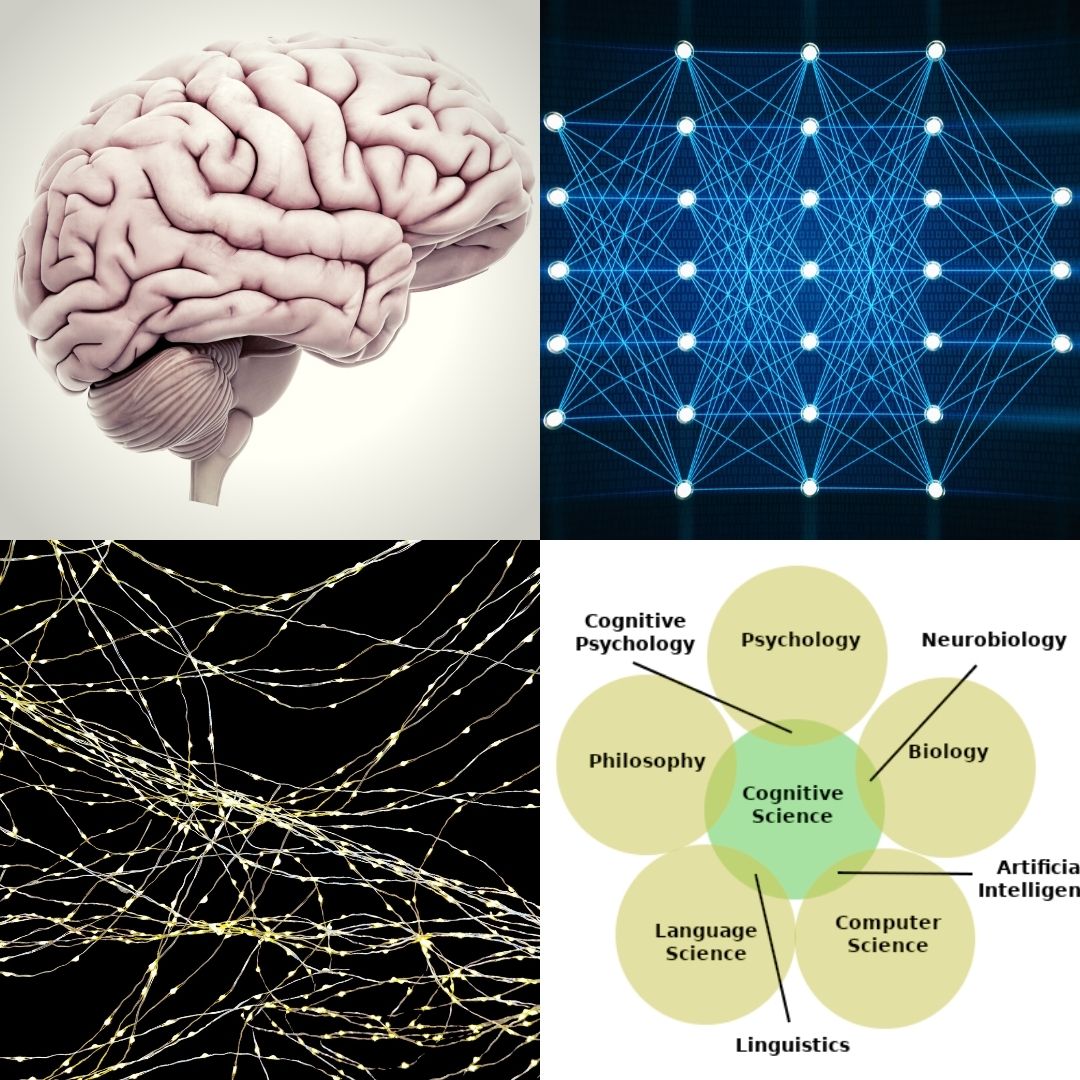Inspirations
These are some of the stories, institutions or projects that motivated the ideation and inception of SEMF. We believe these inspirations further reinforce and legitimize our mission.
SCIENTIFIC PROGRESS AND CREATIVITY The great conceptual leaps in the history of science are characterized by the exploration of phenomenological frontiers, the systematic accumulation of data and the profound creativity needed to reinterpret established knowledge. The history of dynamics or genetics are good examples of these patterns. WHAT INSPIRES US By observing the progress of science and, more generally, humanity's intellectual history at large, we put into perspective the value of collaborative work within the community and the importance of imagination and free speculation for the advancement of knowledge.

ÉMILE DU CHÂTELET AND THE ART-TECHNOLOGY-SCIENCE SPECTRUM Émilie du Châtelet is perhaps one of the most dazzling examples of a polymath. Best known for her contributions to physics and her translation of Newton’s Principia, she also spoke several languages fluently, played the harpsichord, sang opera, wrote many philosophical and literary essays and was an advocate of universal education, all while mothering four children from several relationships. WHAT INSPIRES US The early figures of modern science illustrate a fact that is as true today as it was back in the Islamic Golden Age, the Renaissance or the Enlightenment: art, technology and science belong to a creative continuum, they differ mostly in their ultimate goals but not so much in their fundamental mechanisms.

ENCYCLOPEDISM: FROM THE ENLIGHTENMENT TO THE INTERNET Throughout history, many civilizations have made great efforts to catalogue and organize their accrued knowledge. In 1751 the French encyclopedist Diderot proposed “[...] to assemble all the knowledge scattered on the surface of the earth”; nowadays Wikipedia sets out “[...] to create a world in which everyone can freely share in the sum of all knowledge”. WHAT INSPIRES US We firmly believe that free and universal access to knowledge is key for scientific, social and cultural progress. Creating pluralistic collaborations to share discoveries and advancements is the most effective way to push forward the frontiers of human understanding.

SANTA FE INSTITUTE AND COMPLEXITY SCIENCE Founded in 1984 by leading figures of 20th century physics, the Santa Fe Institute is an international beacon for the study of complexity in all its manifestations and for its distinctive transdisciplinary research culture. WHAT INSPIRES US We consider the Santa Fe Institute and its global network of researchers as role models we look up to. We believe that their research activity provides excellent examples of the new emergentist science and the universalist approach to fundamental research.

A NEW KIND OF SCIENCE In his book A New Kind of Science, Stephen Wolfram puts forward a new paradigm for theoretical science in which computation allows for a novel approach to fundamental principles and mathematical models of nature. WHAT INSPIRES US Stephen Wolfram’s work is inspirational both biographically - he pioneered early computational explorations, worked in theoretical particle physics and developed Mathematica - and for its relevance for modern science.

THE HISTORY OF COGNITIVE SCIENCE Cognitive Science was conceived in the 1970s as an emergent discipline aimed at investigating all facets of the mind. The project was based on the interdisciplinary conjunction of preexisting fields of research such as psychology, neuroscience, artificial intelligence or linguistics. WHAT INSPIRES US Cognitive Science is one of the few clear examples of a deliberate effort to create a branch of science that is fundamentally multidisciplinary. However, the history of the field also serves as a cautionary tale about the challenges of genuine interdisciplinarity as cognitive science hasn’t become as disciplinarily balanced as its proponents originally intended.

OBERWOLFACH, PACIFIC SCIENCE INSTITUTE AND THE PACE OF SCIENCE The Oberwolfach Mathematical Institute and the Pacific Science Institute are two examples of the implementation of the ‘scientific retreat’ concept: a space where research can be done at a natural pace and where collaborations and projects grow organically. WHAT INSPIRES US We believe that intellectual work, as any creative activity, requires time and space. We take Oberwolfach and PSI as role models to emulate when aiming to provide intellectual retreat experiences.

BASIC RESEARCH COMMUNITY FOR PHYSICS AND THE LIMITS OF ACADEMIA Born in 2015 out of the dissatisfaction of some young researchers in physics, mathematics and philosophy with the current state of academia, education and the publishing industry, BRCP aims to rethink the methodological, social and economic foundations of research. WHAT INSPIRES US We consider that academia is facing great challenges to keep up with the current socio-economic ecosystem. The events organized by BRCP are a source of new ideas and inspiration to think about the betterment of traditional science.

THINKTANK MATHS AND THE PRACTICAL USEFULNESS OF FUNDAMENTAL RESEARCH ThinkTank Maths works in some of the most crucial problems facing industry and society in the 21st century, with a strong conviction that creative fundamental research that grows organically from the problem at hand is the best way to find paradigm-changing solutions, and that traditional barriers between disciplines and between the theoretical and the applied do not belong in modern research. WHAT INSPIRES US We take ThinkTank Maths as a role model to emulate when aiming to carry out fundamental research with a practical purpose. Furthermore, we believe that the requirement of practicality is not only laudable, but also can push the boundaries of our understanding in very interesting ways.
